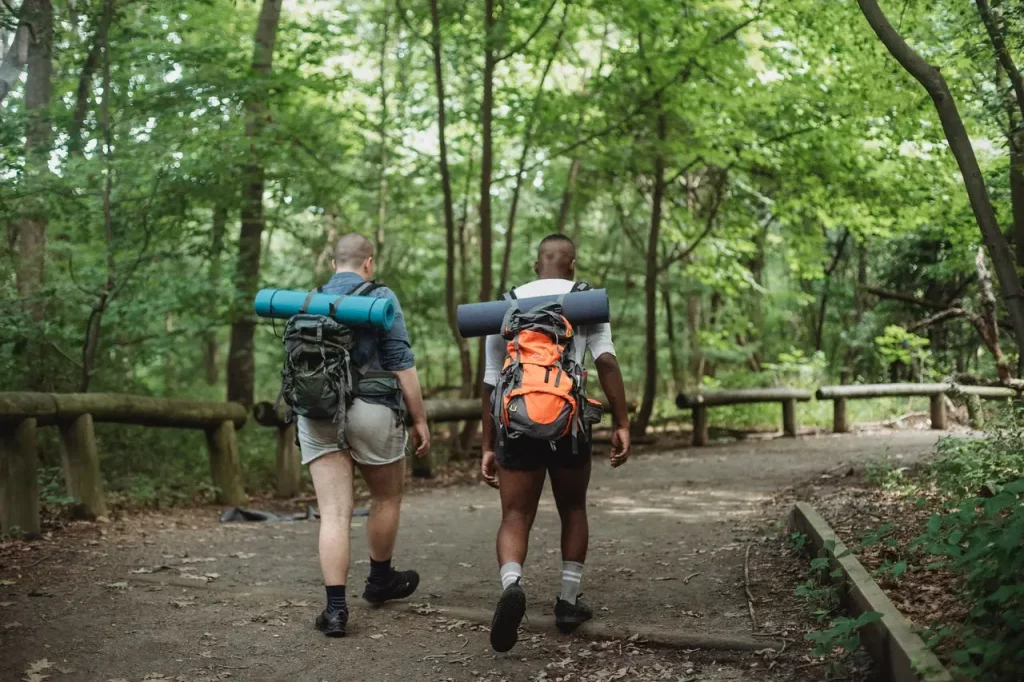Almost everyone in the world is afraid of passing away. Some will suddenly count all the things they still want to do in life when you ask them that very question. They start thinking about their loved ones, friends, and family that they’re not ready to leave behind yet. The hopes and dreams that they have yet to fulfill will come next. But the day we pass away will come, whether it’s sometime soon or far away in the future, it’s an inevitable event that’s sure to come.
Most of us think of what we want to do before we pass away, but has anyone of us given any thought to what we want to do after? You might stop and ask, is that even possible? To do something after we’re gone? Luckily, there are many ways to get things done once we pass away. That situation comes in the form of proper preparation.
Planning ahead of your passing can make the whole ordeal of it easier for your family and those dear to you. From setting up your funeral arrangements yourself to writing your last will, you can still get things done even after you’ve passed away. Here are some of the ways that you can do that.
Funeral Arrangements
The whole idea of setting up funeral arrangements for yourself can seem dark, but it’s far from it. Think of it as a way to lessen the burden on your family in the event of your passing. Because once you pass away, your family will become filled with grief and despair. Setting up funeral arrangements right after you’ve left the world can be too much to handle for them. Doing it yourself will lift the emotional burden off of your family.
When you arrange for funeral services in advance, you can choose your end-of-life wishes. You can decide whether you want to be cremated, buried, or donated to scientific research. Additionally, you can decide on every part of your funeral proceedings, such as music, clothes, pallbearers, and everything else in between. It adds just enough of your personal touch to the funeral so that you get remembered the way you want to.
Will And Testament
With the funeral arrangements out of the way, it’s time to get into the nitty-gritty. It all starts with coming up with your last will. If you don’t know what it is by now, let’s refresh your memory. A will or testament is your way of instructing specific people what to do with what you’ve left behind after you’ve passed away. But before you do, you should consult with a lawyer beforehand on how to make your will legally binding. That will help make sure that there won’t be any nasty disputes between family members over your estate or any other of your assets.
There is also such a thing called a living will. It functions almost identically as your will, but the only difference is that you don’t have to pass away to execute it. A living will help you appoint someone you trust to decide on your behalf should you fall ill and unable to decide for yourself.
Legal Powers

If you want to carry out your will the way you want it, there are two documents you need to provide. These are ‘Durable Power of Attorney’ and ‘Health Care Power of Attorney.’ They are essentially legally bound documents that outline who you want to make decisions on your behalf when you fall ill and incapacitated or pass away.
A Durable Power of Attorney is a document that shows who you have appointed to make financial decisions on your behalf. From paying running bills to distributing your estate, and any other monetary issues, they will be the ones in charge of it all.
A Healthcare Power of Attorney, on the other hand, is a document that shows who you have appointed to decide for you if you can’t decide for yourself when you’ve fallen ill and incapacitated.
You can assign the same person for both powers or different people for each. But it is advised that you appoint two separate people. It’s so that the responsibilities won’t weigh too heavy on one person, making executing both of your wills faster and easier.
Get Your Family Involved
It’s a must that you let your family members and loved ones know about your end-of-life plans. Let them know your intentions and what steps you want to take before you go or if you fall ill. By doing so, you can also better identify who is more fit to receive your Durable Power of Attorney and Healthcare Power of Attorney before finalizing your documents. After you’ve decided on what you want to do after you pass away, let them know who they can contact to access those papers and where they can find them. In that way, they can help you properly execute your will.

